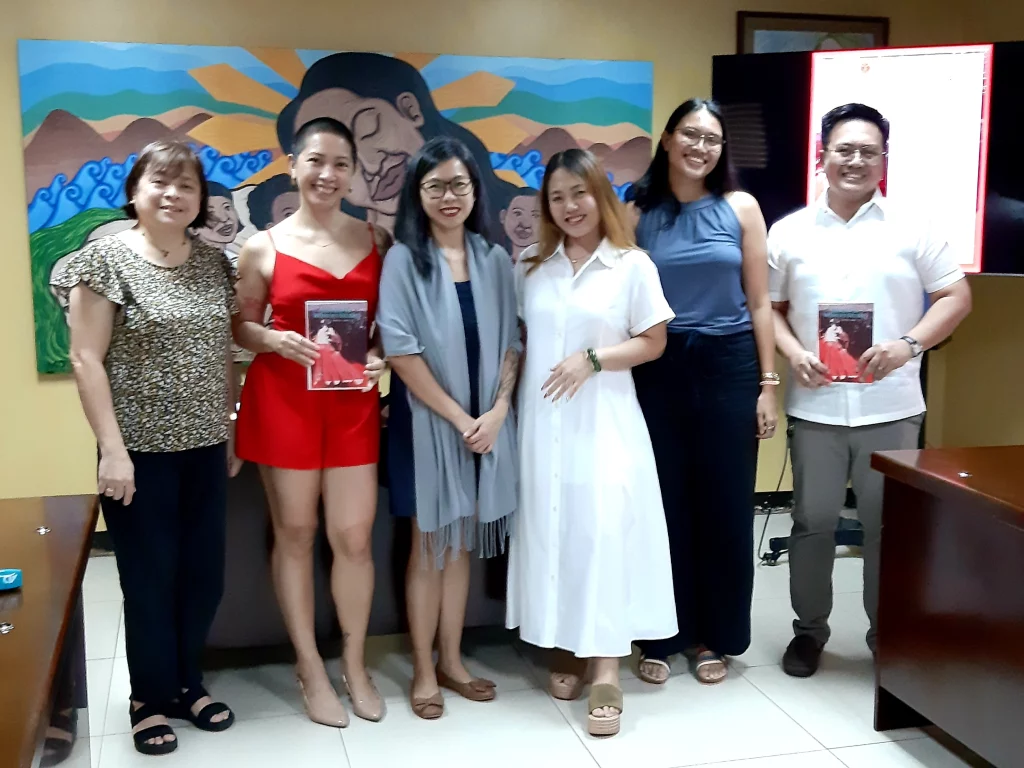The University of the Philippines Center for Women’s and Gender Studies (UPCWGS) launched the latest issue of its journal, the Review of Women’s Studies Volume XXXIV, Number 2, on 4 September 2025 at the UPCWGS Conference Room.
The featured works for this issue of the journal are:
Research Articles
Dear Survivor: A Study on Help-Seeking Behaviors and Community-Based Care Among Service Users and Volunteers of Lunas Collective by Sabrina Laya S. Gacad, Julie B. Jolo, Bernadine I. Lanot, and Nina V. Araos
God as the Wholly Other First Cause: A Feminist Reappraisal of God-Belief by Eula Junina M. Blanco
Measuring Indices for Women Empowerment and Deprivation in the Philippines: Trends and Comparisons Using DHS Data by John Carlo P. Daquis and Alliah Yvonne B. Bobier
The Cosmopolitical Consciousness of the Female Action Heroine in BuyBust and Her Disruption of Drug War Masculine Narratives, the Action Film Genre, and Filipino Martial Arts by Julie E. Prescott
Development of a Counseling Framework for Mothers of Children with Perinatally Acquired HIV Disease by Queenie Roxas-Ridulme and Paul Froilan U. Garma
Creative Works
Flores de Mayo ngan Iba pa nga mga Siday (Flores de Mayo and Other Poems) by Jessa A. Amarille

The Review of Women’s Studies (RWS) is a refereed journal published twice a year by the UPCWGS. The journal serves as a forum where ideas on issues and concerns affecting the lives of women, seen from the analytical perspectives of different disciplines, may be exchanged. Works that critically explore the myriad experiences of Filipino women and problematize gender relations in Philippine society are welcome. The RWS encourages and seeks to publish: (a) research papers that employ feminist methodologies and that adhere to the principles of feminist research, bearing in mind the intersectionality of gender, class, religion, age, and education; (b) reviews of current scholarship (local or foreign); and (c) creative works (poems, short fiction, essays, and artworks) that provide insights into women’s consciousness and give life to their hopes and dreams. The RWS follows the double-blind peer review process.
